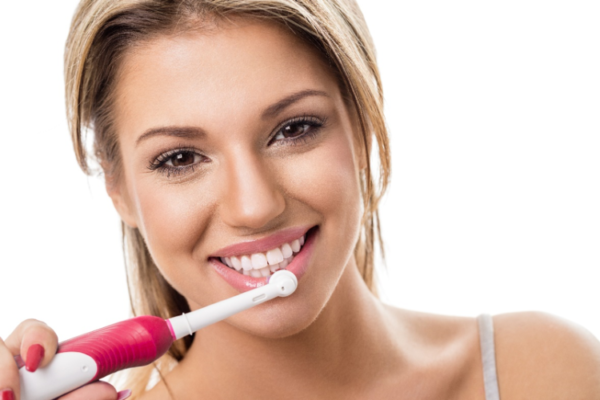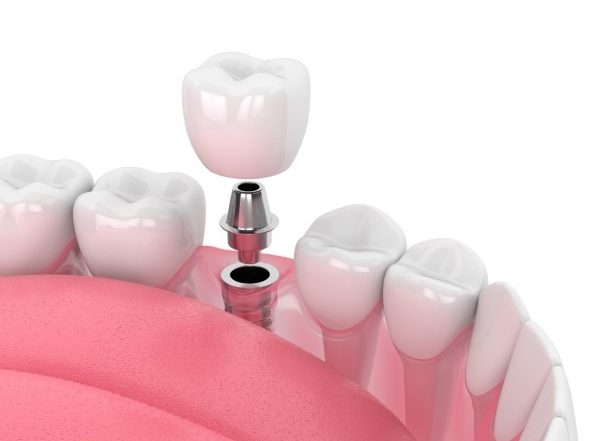
Having your veneers placed and bonded is just one step of the process. In order to get the most out of your veneers, you have to make a point of taking great care of them so they always look as good as they did on day one and last for years to come.
We’ve put together a guide that will help the longevity, appearance, and overall quality of your veneers so you can always put your best smile forward!
- Ward Off Stains
Who doesn’t want to look younger? Much like how the eyes are the windows to the soul, the mouth can sometimes be telling of your age.
This is because over time, teeth will naturally begin to discolor or erode. Unfortunately, this is a natural aging process that diligent cleaning isn’t going to slow down. Even by doing something as small as solving these minor issues of staining and discoloration, your smile has the potential to look new and young again.
- It Gives Your Self-Confidence a Boost
One of the top ways you can protect your dental veneers and keep them looking pristine is to refrain from drinking and eating anything that could put them in harm’s way.

This includes coffee, wine, and large amounts of highly acidic fruits and vegetables. Over time, if these items are consumed on a regular basis, they can begin to discolour your veneers and make them lose their original luster. This brings us to our next point:
- Practice Great Oral Hygiene
Consistent maintenance is key for making sure your veneers not only last for years, but look great in the process. Caring for your veneers is just as important as caring for your natural teeth, and requires virtually no straying from a regular dental hygiene routine.
First thing’s first: make sure you’re brushing your teeth at least twice on a daily basis, but more is often better. It’s important to brush at key times when food and other particles may be more prone to getting stuck, such as after meal and snack times and right before you retire for the night.
With brushing comes flossing too! You should be flossing your teeth once per day to catch any stray particles that your toothbrush may have missed, and to ensure that nothing is building up in the spaces between your teeth. This protects not only the appearance of your veneers, but the health of your gums.

Mouthwash plays an important role as well. Rinsing with mouthwash even once per day keeps your breath fresh, prevents halitosis, and helps to wash away any particles that may be remaining. While rinsing is important, so is choosing an alcohol-free mouthwash; if the alcohol content in your mouthwash is high, this can lead to the softening of the veneer’s bonding agent, and may cause damage or even loss of a veneer.
- Don’t Grind Your Teeth!
Clenching and grinding your teeth may be one of the worst things you can do to your veneers. The material they’re composed of is both strong and durable, but they aren’t invincible and won’t be able to withstand the constant pressure that grinding your teeth places on them.
If you do have a habit of grinding your teeth, particularly at night, make sure you bring up this concern to your dentist. They’ll be able to fit you for a mouthguard that will protect not only your veneers but also your natural teeth and jaw joints from the additional, unnecessary stress that clenching and grinding brings them. Wearing this mouthguard will ensure your veneers are kept safe and out of harm’s way.
- Watch Out for Bad Habits
Some people like to chew on things besides food, or use their teeth as tools to open bottles and other items. When you have your veneers bonded, you absolutely have to kick this habit!
Using your natural teeth as tools is detrimental, but using your veneers as tools can easily cause them to crack, chip and have to be replaced. This can be both a huge expense to you, and very inconvenient. You may jeopardize the health and structure of your natural teeth in the process as well!
- See Your Dentist Regularly
Keeping up with your own hygiene routine is important, and so is visiting your dentist for those deep cleans! Routine check-ups are key for retaining the high quality and appearance of your veneers, along with your general oral health.
Your dentist has the right equipment to polish your veneers, and they’ll use this equipment to preserve their shade of white so your smile is always cosmetically intact. They’ll also be able to examine and assess the state of your veneers to ensure they’re still in top shape!

- Watch What You Eat
Your diet doesn’t necessarily have to be composed of only soft foods, but you may want to stray from consuming very hard or crunchy items on a regular basis. They have the potential to crack or chip your veneers if you aren’t careful when you eat.
We’re not saying you have to give up all of your favorite crunchy snacks, but you may want to dial it down for the sake of your smile!



